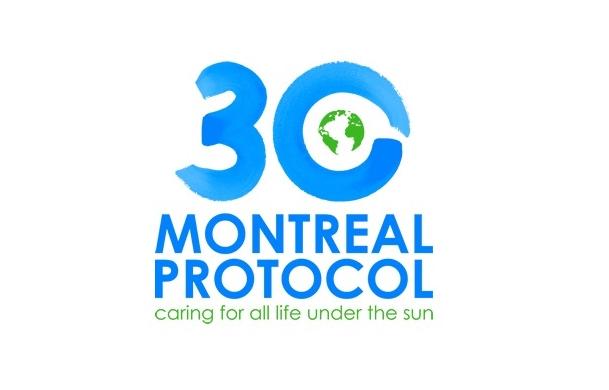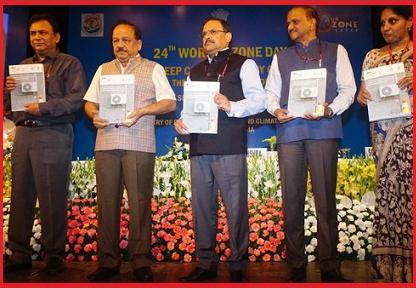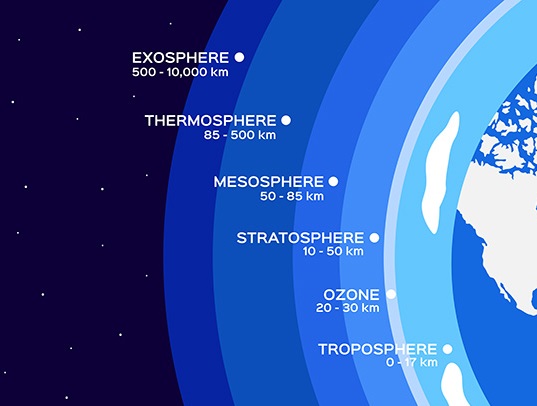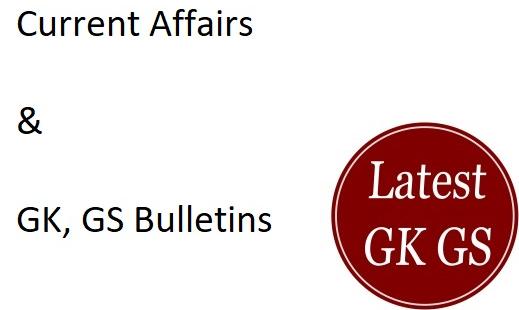Updated By: LatestGKGS Desk
World Ozone Day: 30 years of Montreal Protocol features, achievements, review

Montreal Protocols – Achievements, Effects and Benefits, India’s Contribution
The Montreal Protocol is an international treaty that is designed to protect the ozone layer.
The Montreal Protocol was agreed on 16 September 1987 and enforced on 1 January, 1089. It is one of the most successful international treaties, ratified in 197 countries.
The Montreal Protocol banned CFCs globally as they contain chlorine and bromine molecules which destroy the ozone in the atmosphere.
The CFCs also have a global warming potential 10,000 times that of CO2 which the Montreal Protocol helped reduce.
The implementation of the Montreal Protocol has reduced the emission of CO2 by 50%.
The reduction of CFCs also leads to the reduction of losses in farming and cases of skin cancer.
India became Part of the Montreal Protocol on 19th June 1992 respectively.
The implementation of the Montreal Protocol is handled by the Ministry of Environment, Forest & Climate Change (MoEF&CC).
The Ministry also has an ozone cell called National Ozone Unit (NOU) which implements the Montreal Protocol.
The Montreal Protocol has had 8 amendments so far with Kigali Amendment being the latest.


